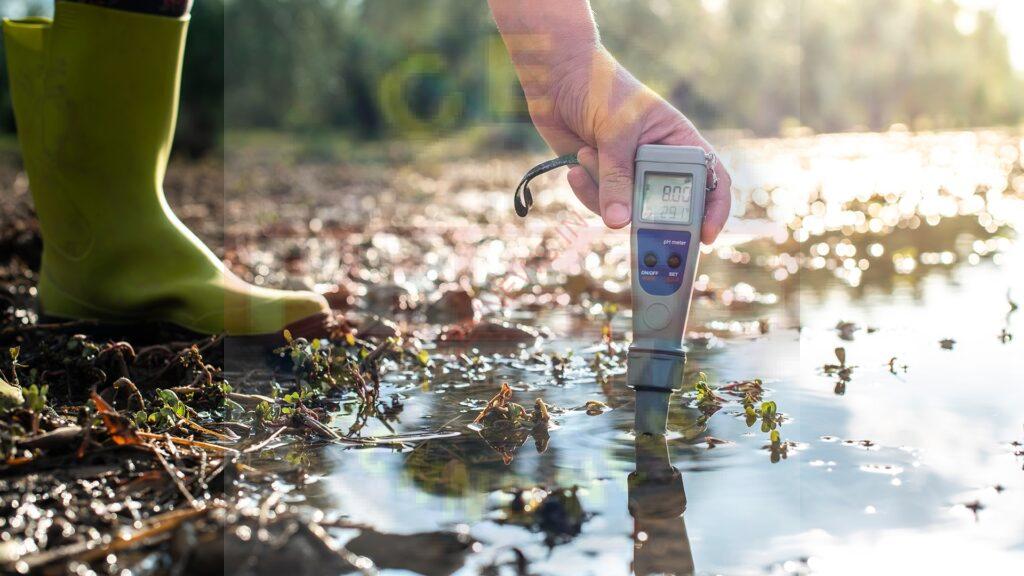ROLE OF ARTIFICIAL INTELLIGENCE IN WATER POLLUTION PREDICTION AND CONTROL
Role of Artificial Intelligence in Water Pollution Prediction and Control in India
Introduction
Water pollution is a critical environmental issue in India, affecting the health of millions and the ecological balance of rivers, lakes, and groundwater. The role of Artificial Intelligence (AI) in predicting and controlling water pollution is increasingly significant. AI technologies offer innovative solutions for monitoring water quality, predicting pollution trends, and implementing effective control measures.
Current State of Water Pollution in India
India faces severe water pollution challenges due to rapid industrialization, urbanization, and agricultural activities. Major rivers like the Ganges and Yamuna are heavily polluted with industrial waste, sewage, and agricultural runoff. Traditional methods of monitoring and controlling pollution have proven inadequate, necessitating advanced technological interventions.
AI in Water Quality Monitoring
AI-based systems enhance the accuracy and efficiency of water quality monitoring through:
- Sensors and IoT Devices: Smart sensors and Internet of Things (IoT) devices continuously collect data on various water quality parameters such as pH, turbidity, dissolved oxygen, and contaminants.
- Data Analytics: AI algorithms analyze large datasets in real-time, identifying patterns and anomalies that indicate pollution events.
- Remote Sensing: AI interprets satellite imagery and remote sensing data to monitor water bodies over large geographical areas, providing insights into pollution sources and trends.
Predictive Modeling
Predictive modeling using AI can forecast future pollution levels, helping in proactive management:
- Machine Learning Models: Machine learning algorithms, such as neural networks and regression models, predict pollution levels based on historical data, weather patterns, and land use changes.
- Early Warning Systems: AI-powered early warning systems alert authorities to potential pollution spikes, allowing timely intervention to prevent environmental and health impacts.

Pollution Control and Mitigation
AI technologies support effective pollution control strategies through:
- Real-time Decision Making: AI systems enable real-time decision-making for pollution control, optimizing the use of resources and minimizing response times.
- Treatment Plant Optimization: AI optimizes the operation of wastewater treatment plants by predicting influent quality and adjusting treatment processes accordingly, ensuring compliance with discharge standards.
- Source Identification: AI helps identify and track pollution sources, facilitating targeted enforcement and remediation efforts.
Case Studies and Implementation in India
Several projects in India have successfully implemented AI for water pollution management:
- Smart Cities Mission: AI technologies are integrated into smart city initiatives to monitor and manage urban water bodies, ensuring sustainable urban water management.
- Industrial Effluent Monitoring: AI-based systems are deployed in industrial zones to monitor effluent discharges, ensuring industries comply with environmental regulations.
- Agricultural Runoff Management: AI helps predict and control agricultural runoff, reducing the impact of fertilizers and pesticides on water bodies.
Challenges and Future Directions
Despite the potential benefits, several challenges hinder the widespread adoption of AI in water pollution management:
- Data Availability and Quality: High-quality, comprehensive data is essential for accurate AI models, but data scarcity and inconsistency remain significant challenges.
- Infrastructure and Investment: Implementing AI solutions requires substantial investment in infrastructure and technology, which can be a barrier for resource-constrained regions.
- Regulatory and Policy Framework: Effective AI implementation requires robust regulatory and policy frameworks that support innovation while ensuring environmental protection.
AI offers transformative potential for predicting and controlling water pollution in India. By leveraging advanced technologies, India can enhance its water quality management, protect public health, and preserve its vital water resources. Future efforts should focus on overcoming challenges, fostering collaboration among stakeholders, and investing in AI-driven solutions to ensure sustainable water management.


